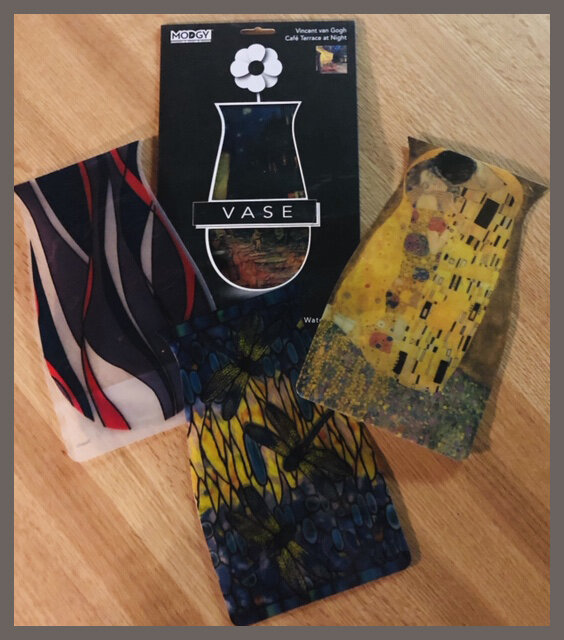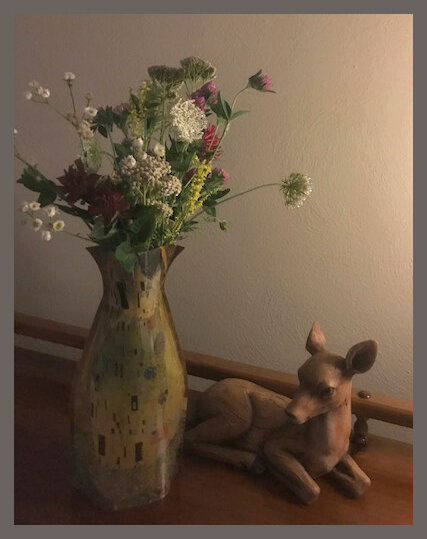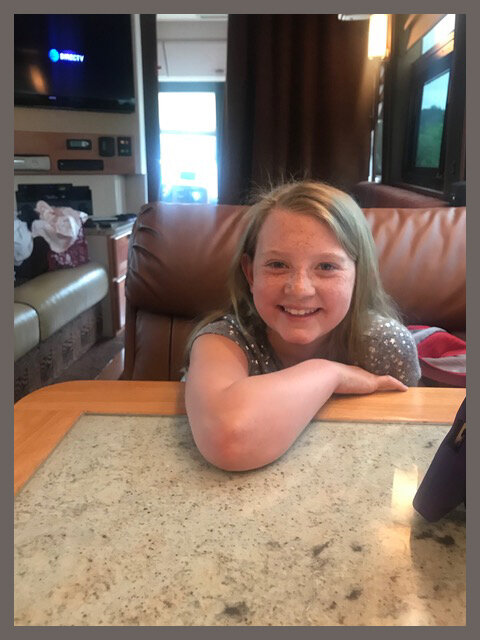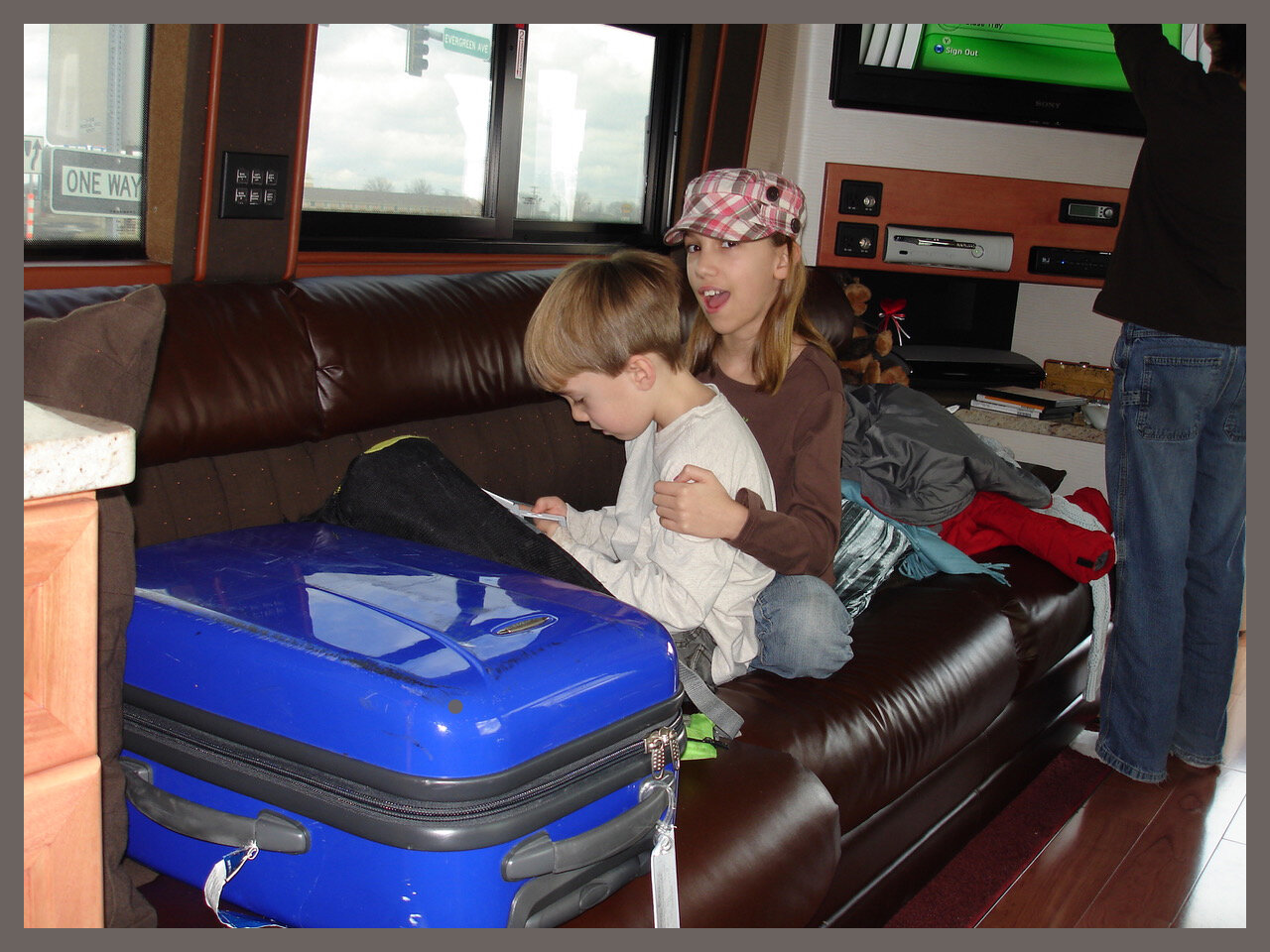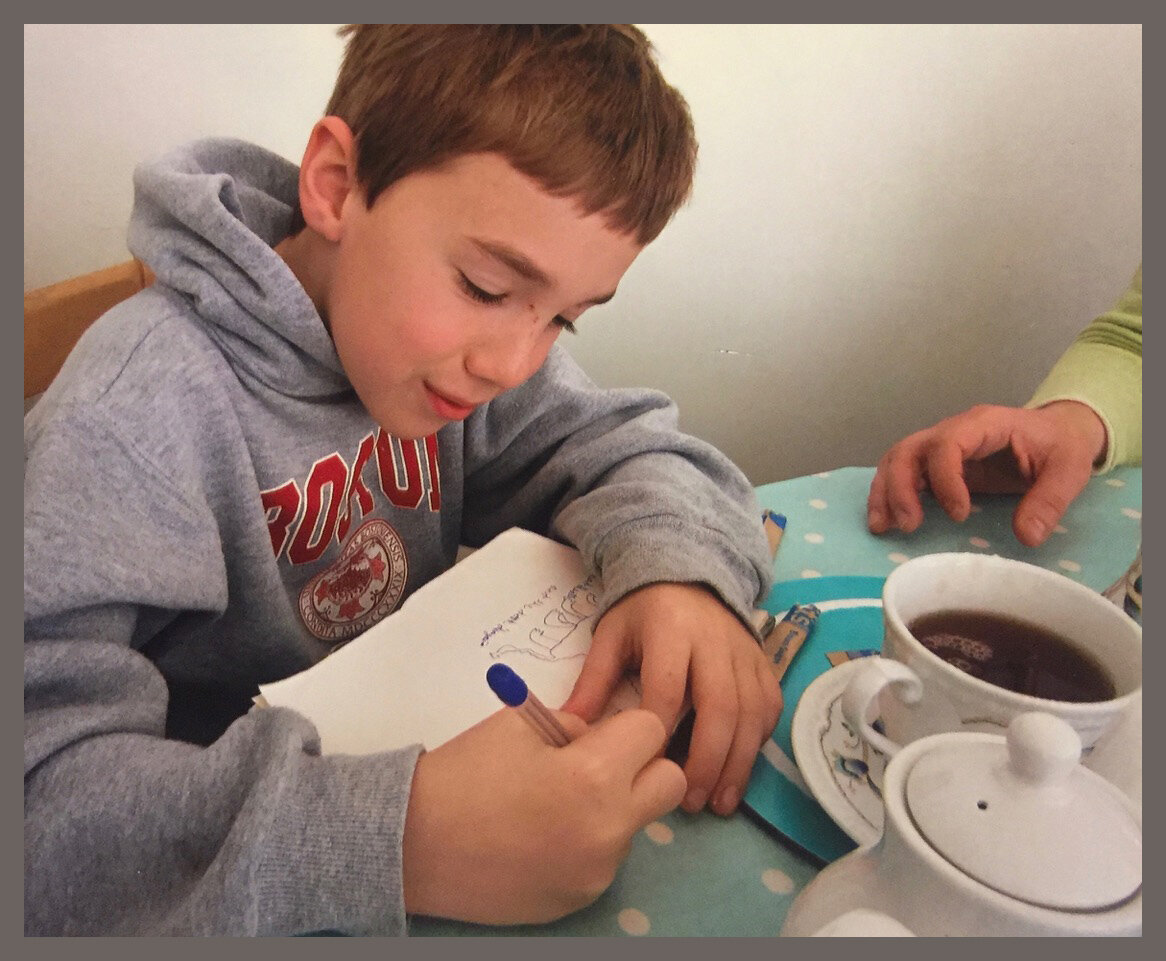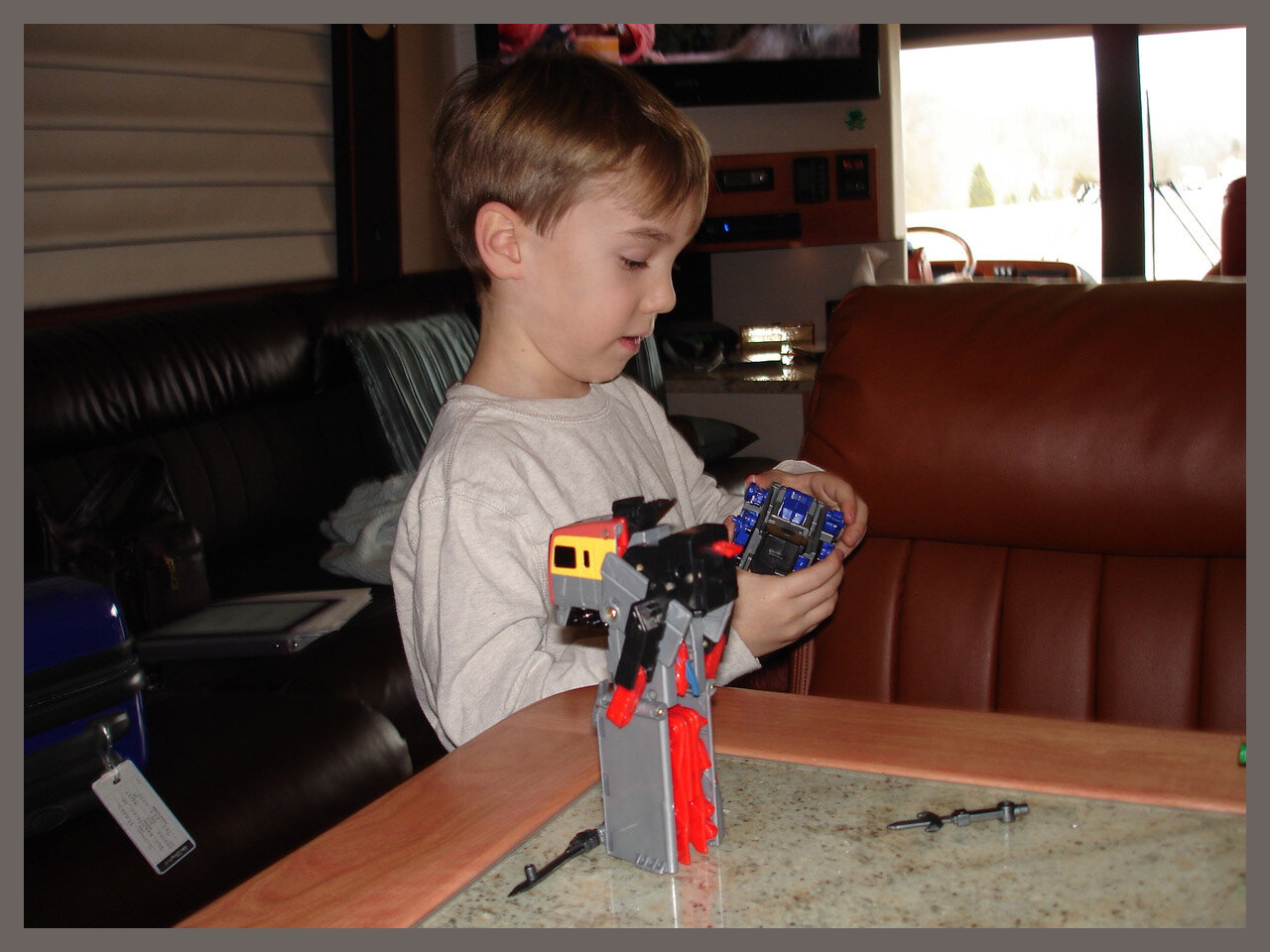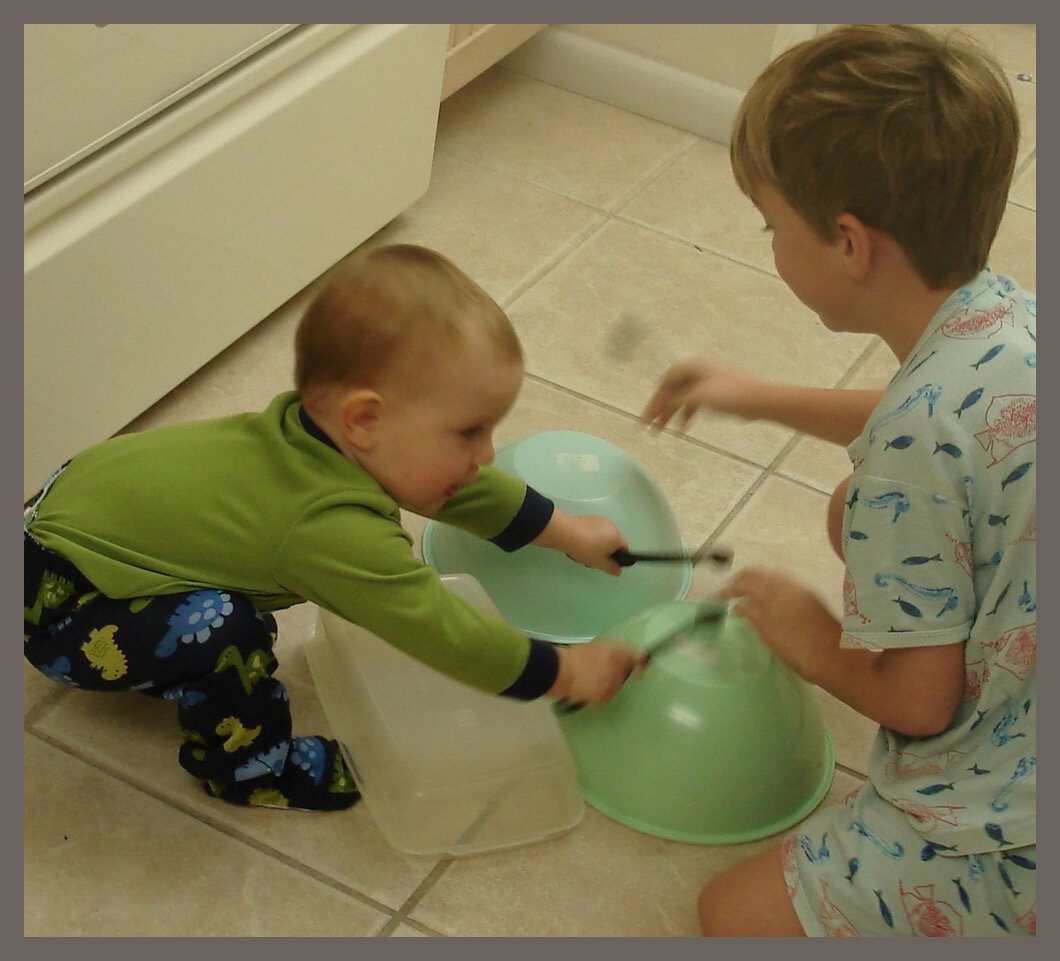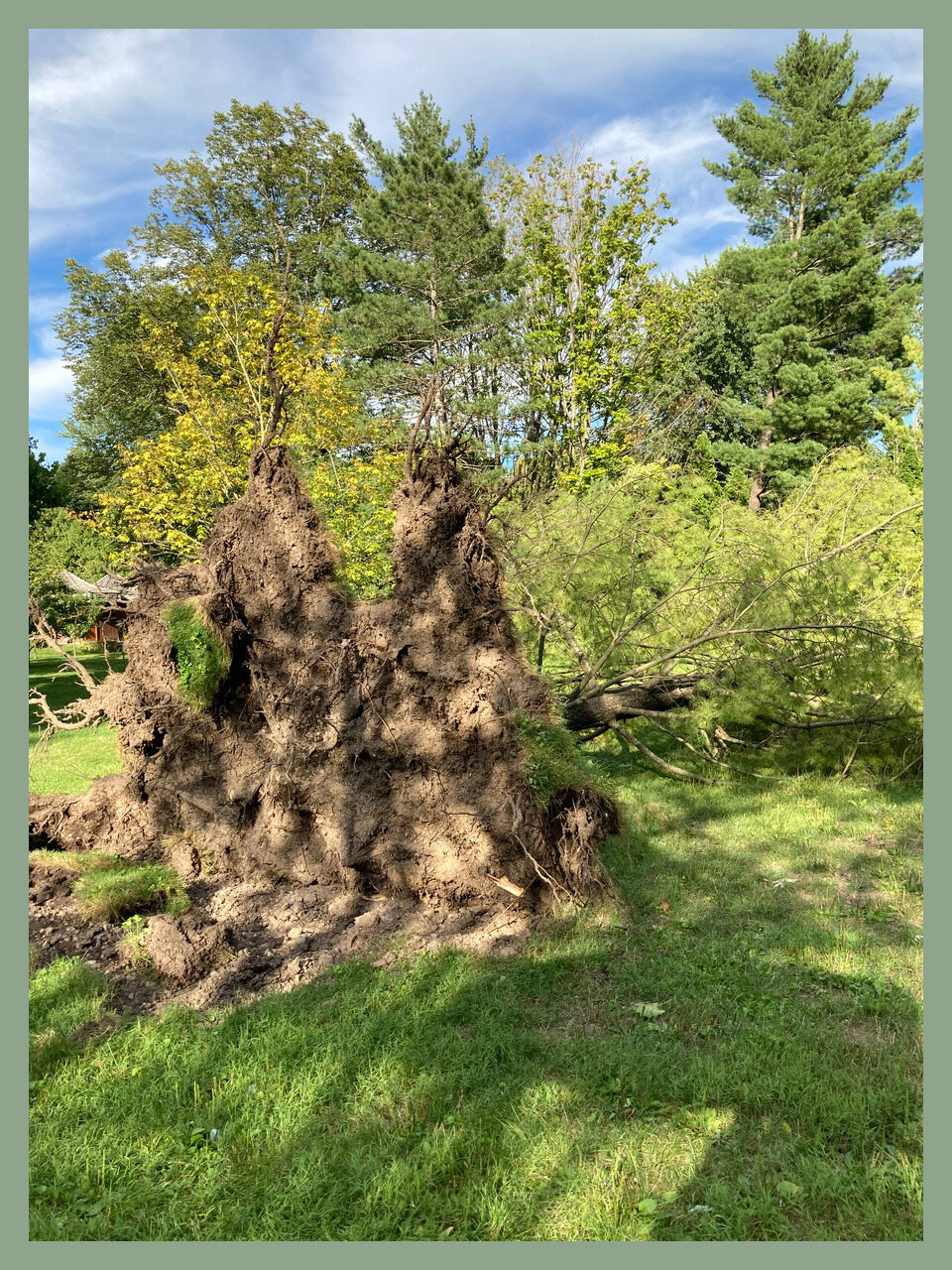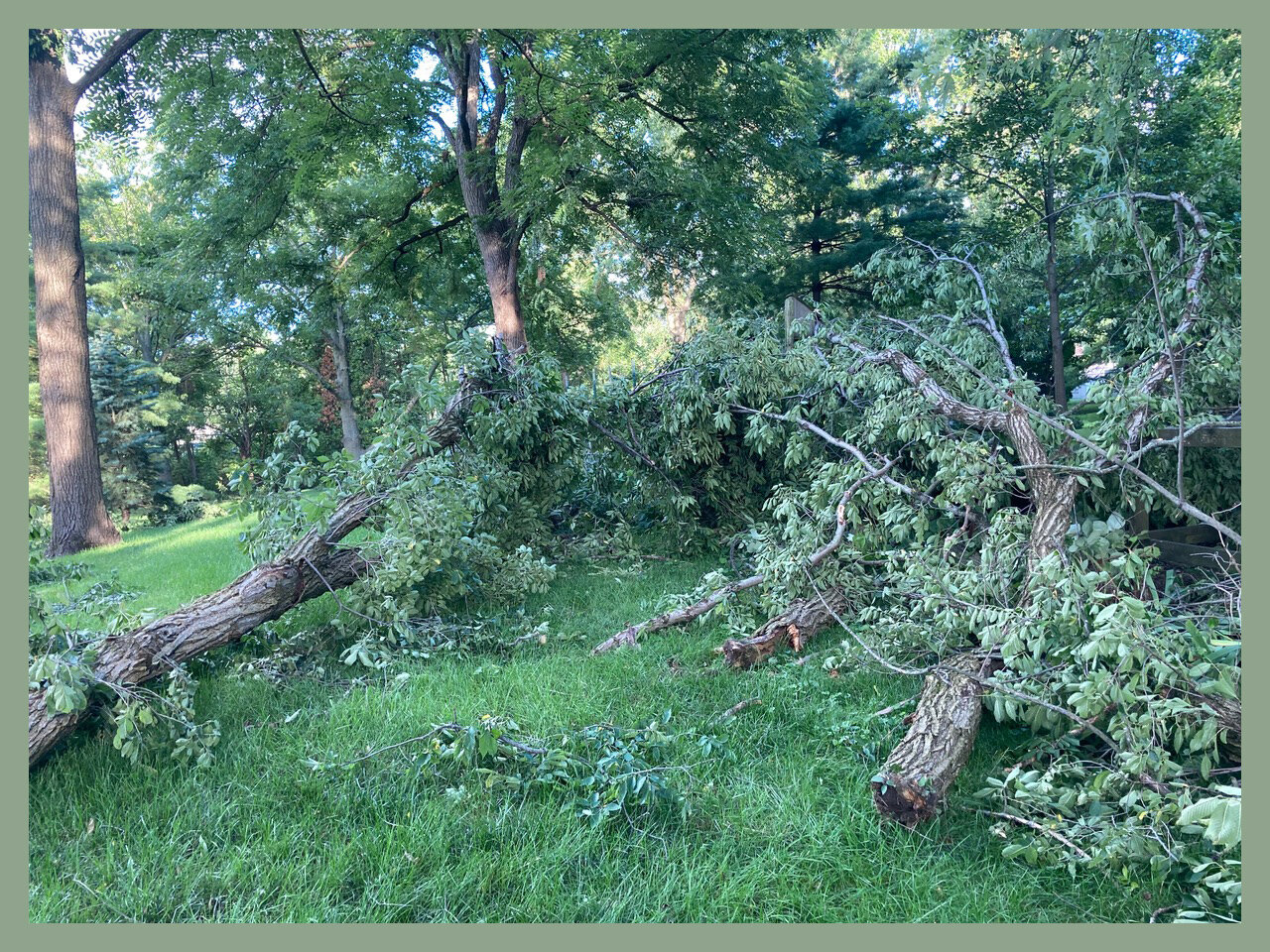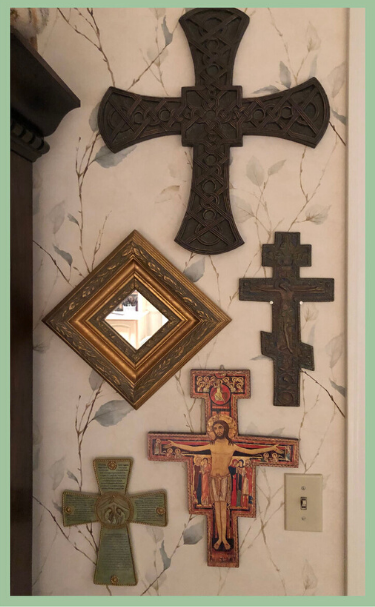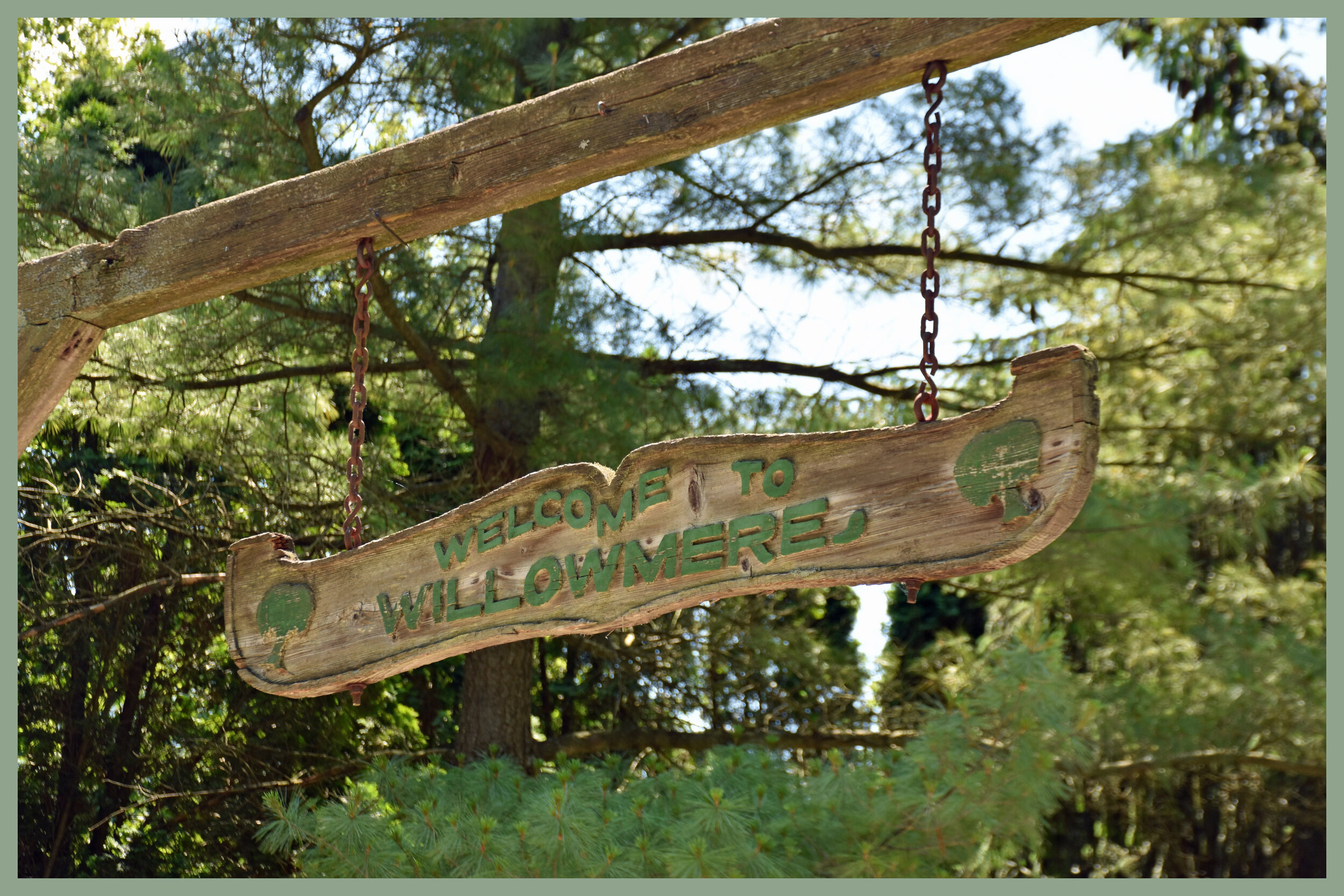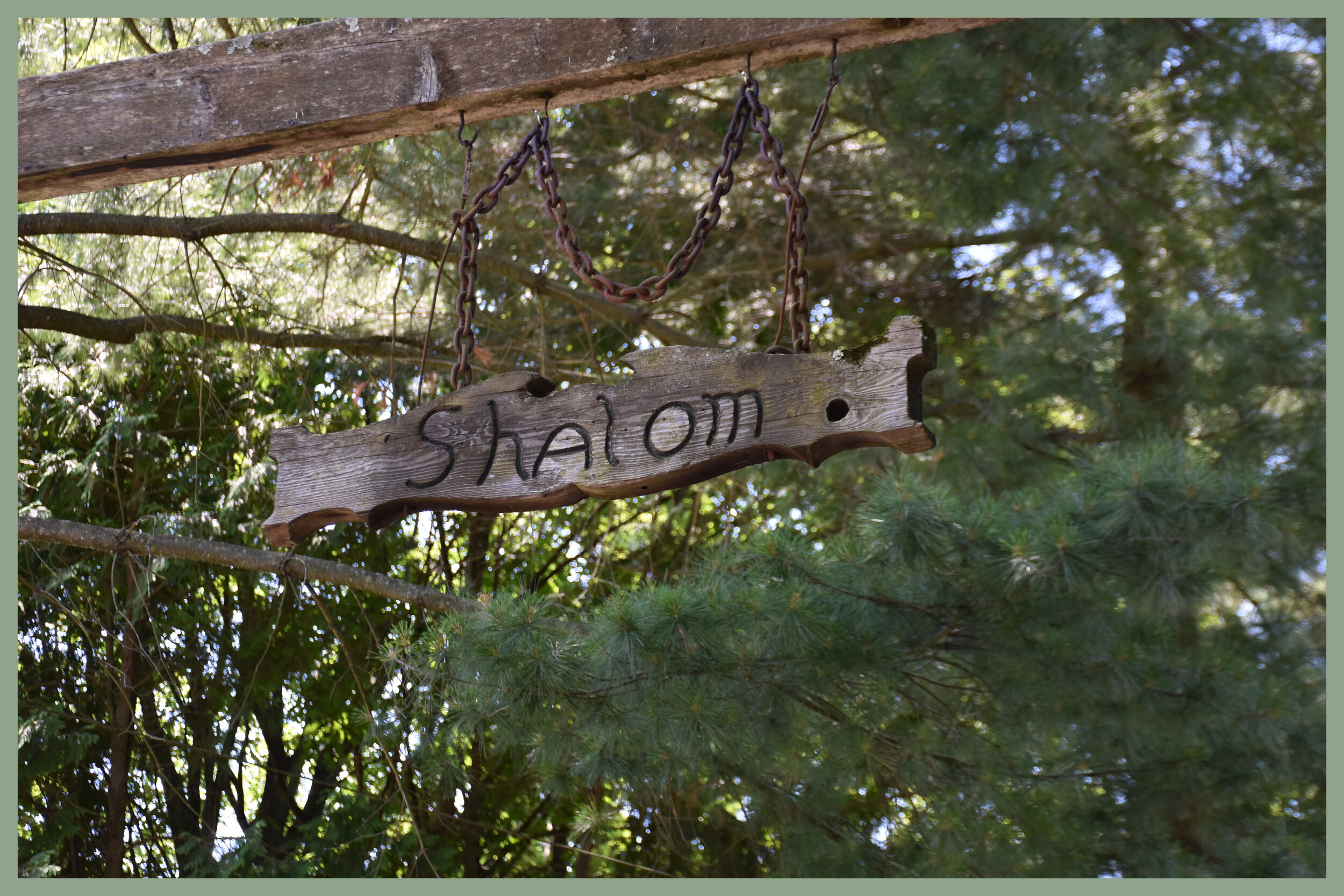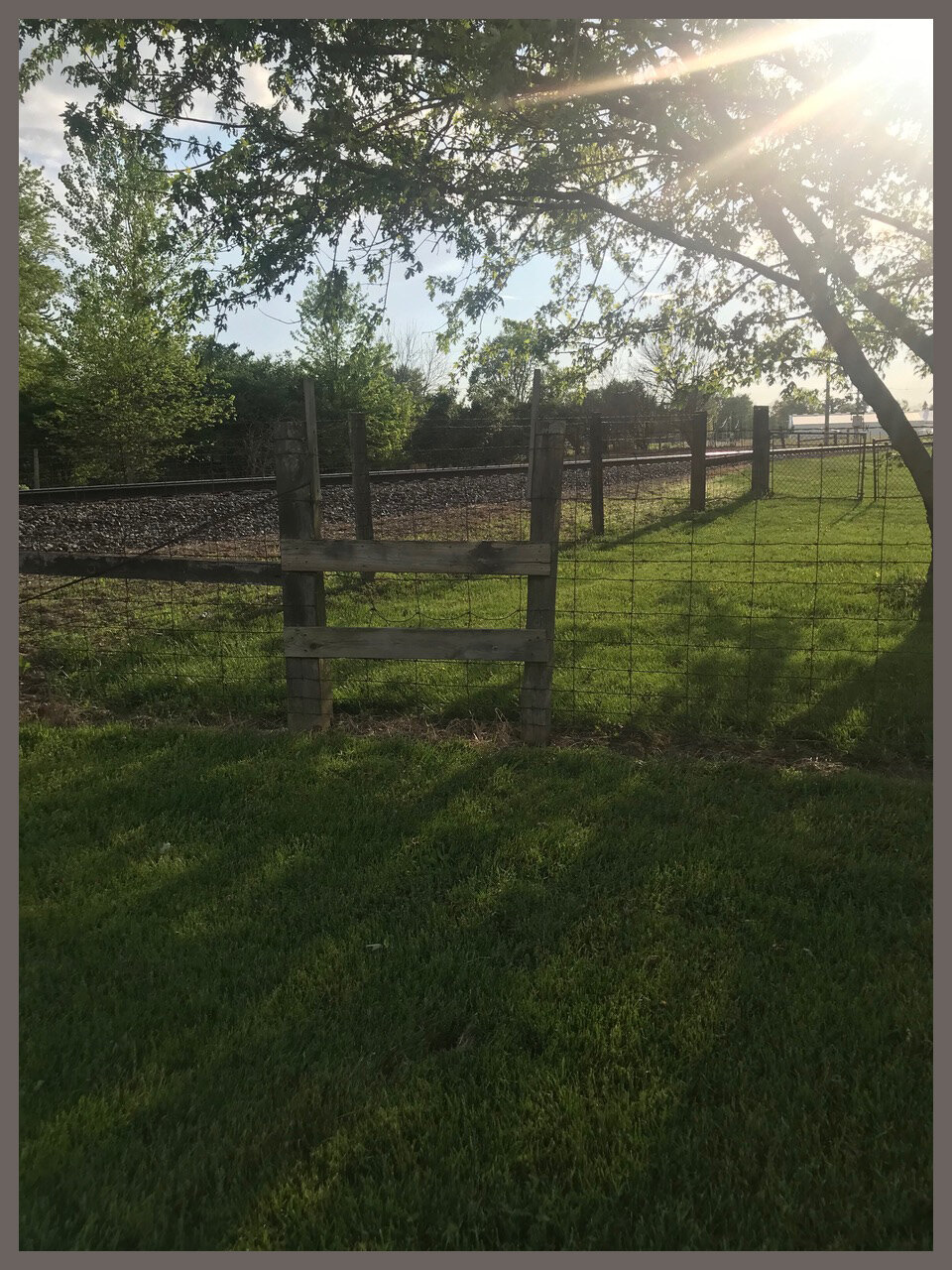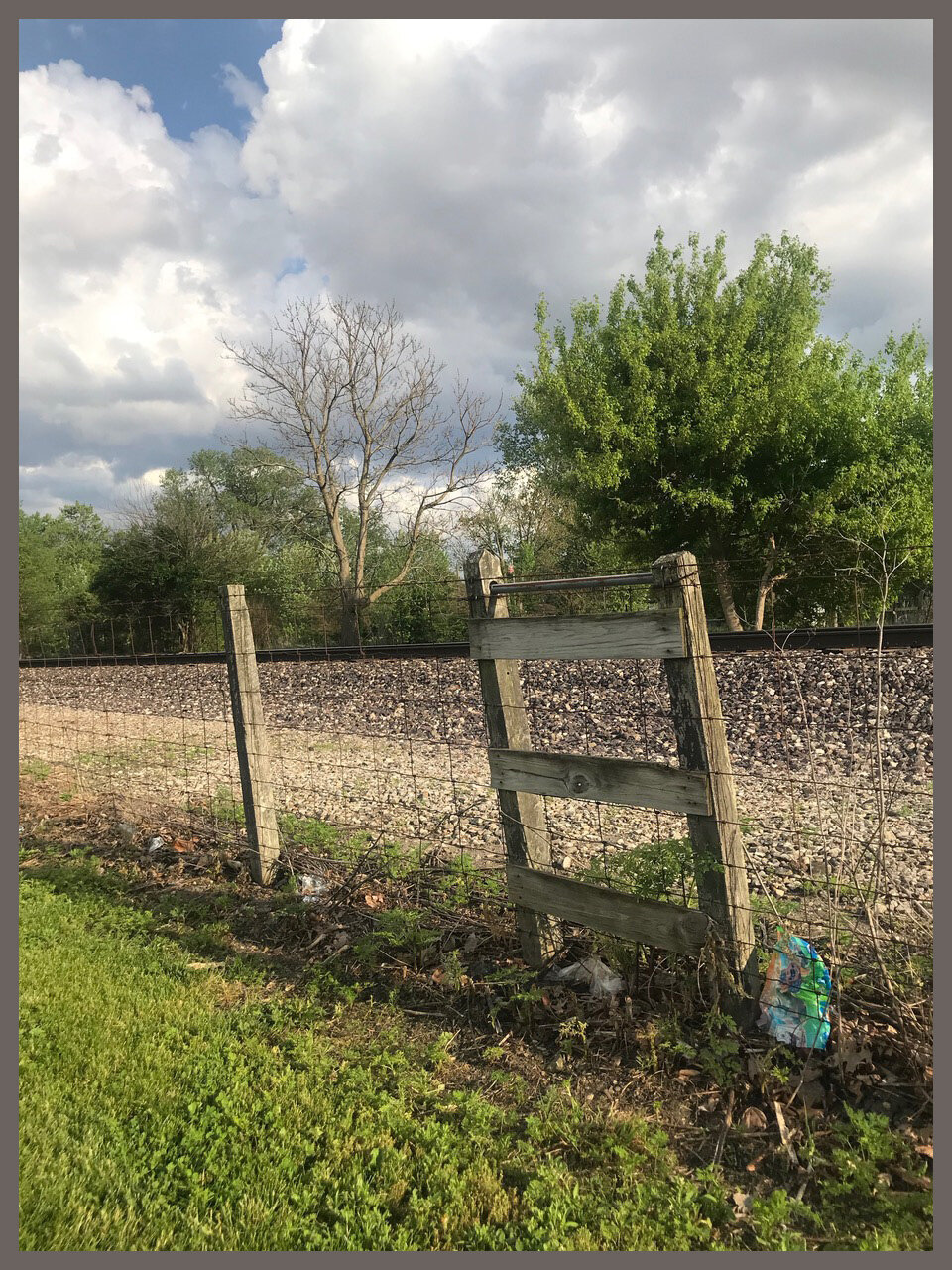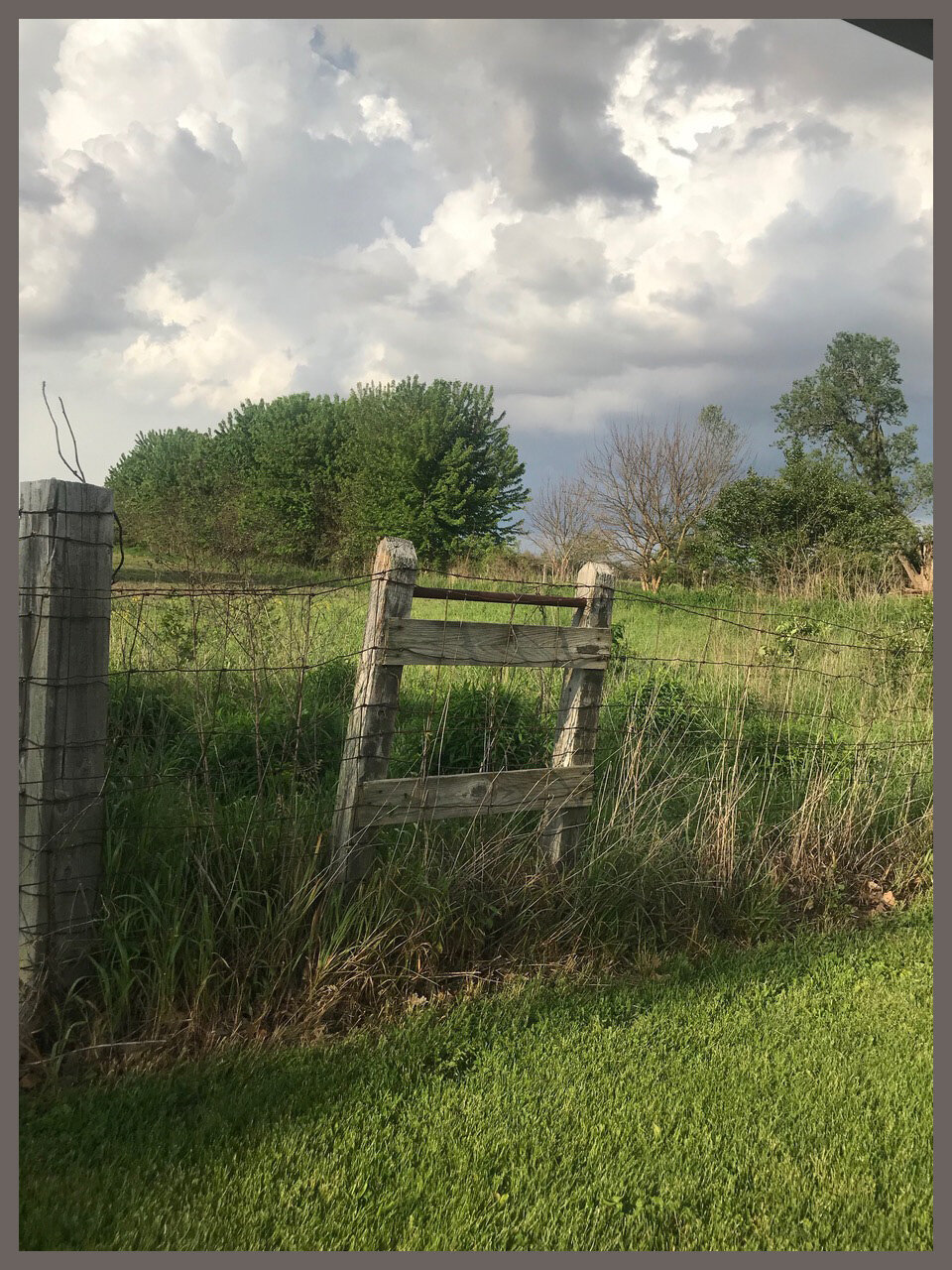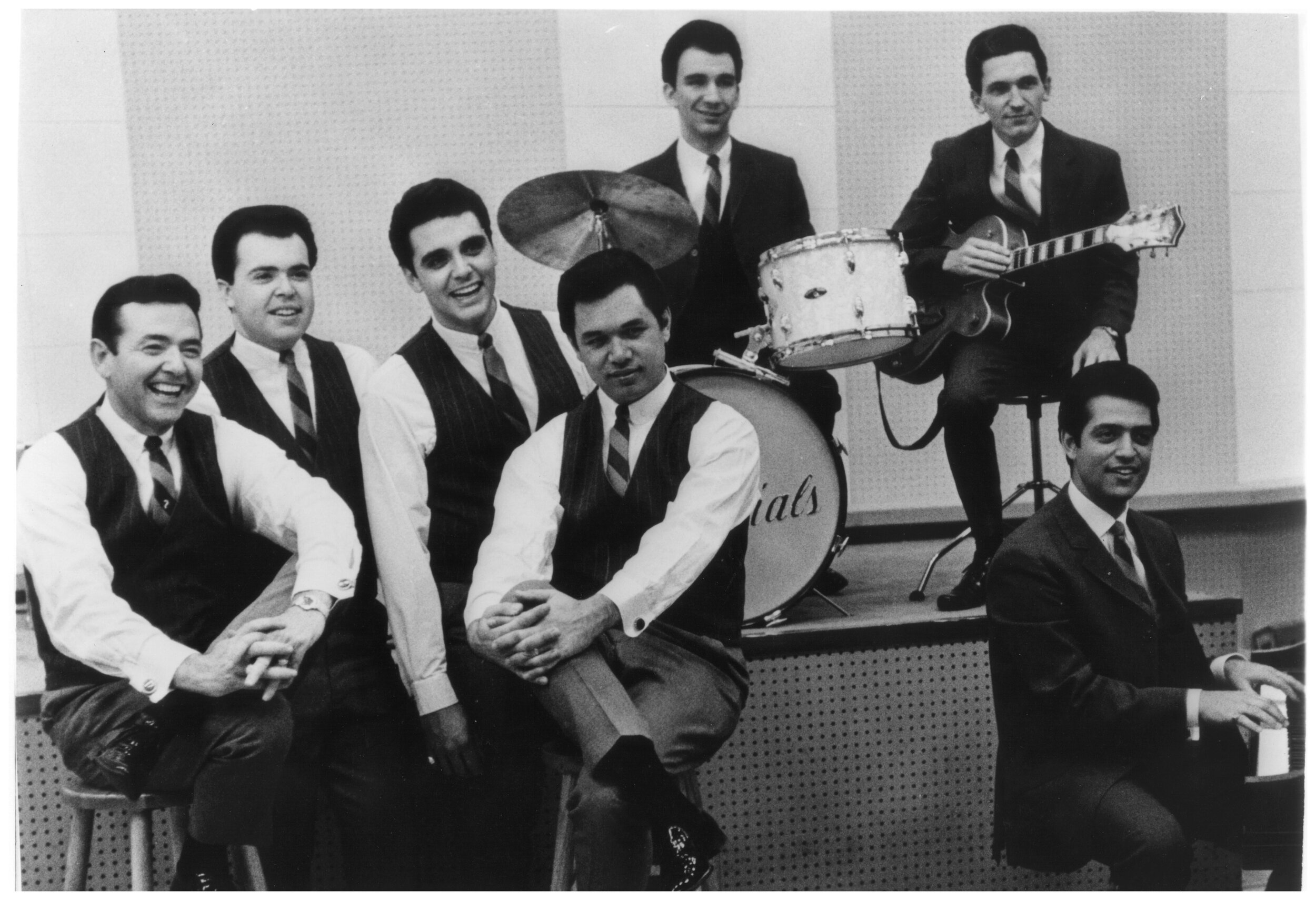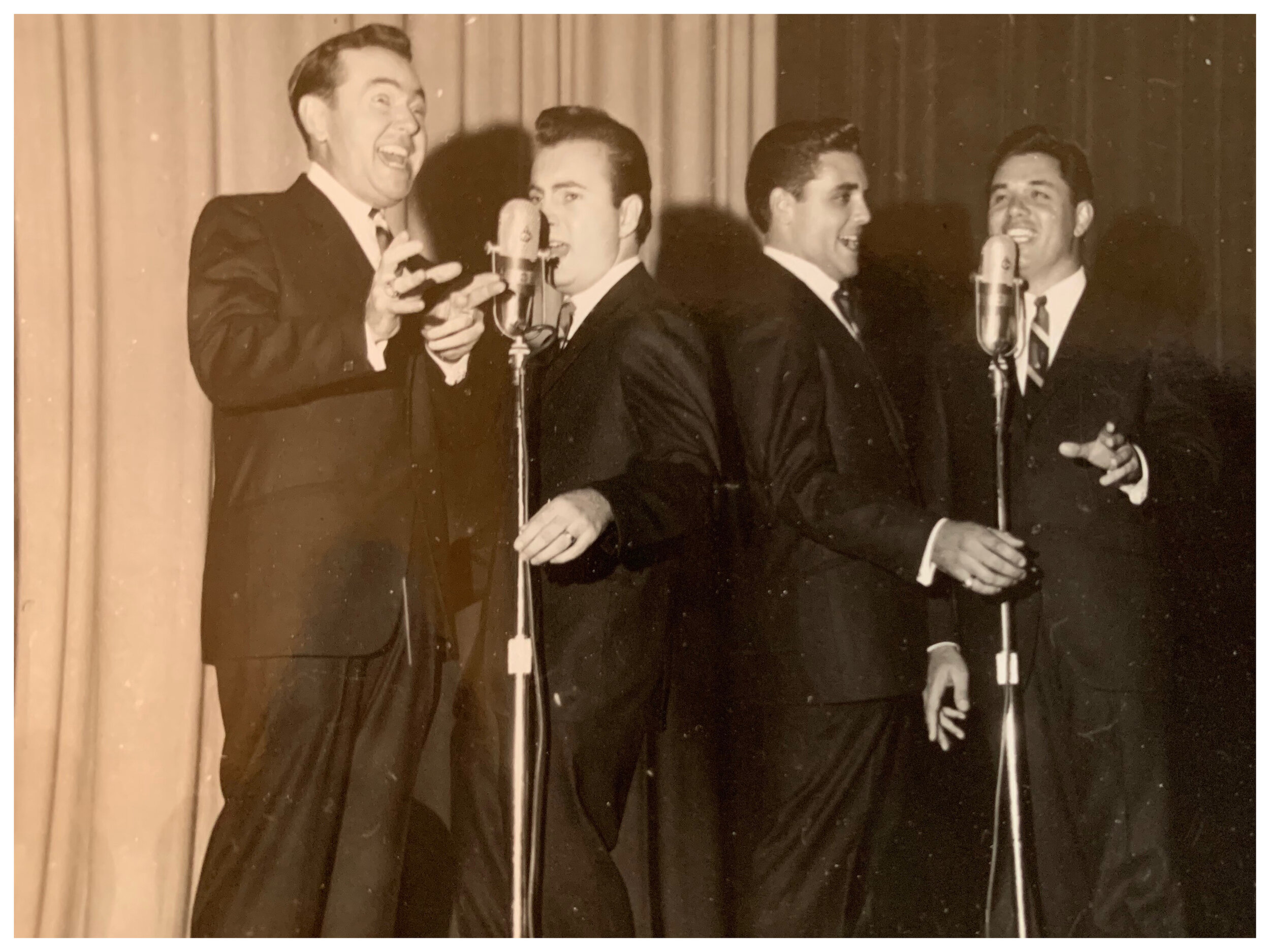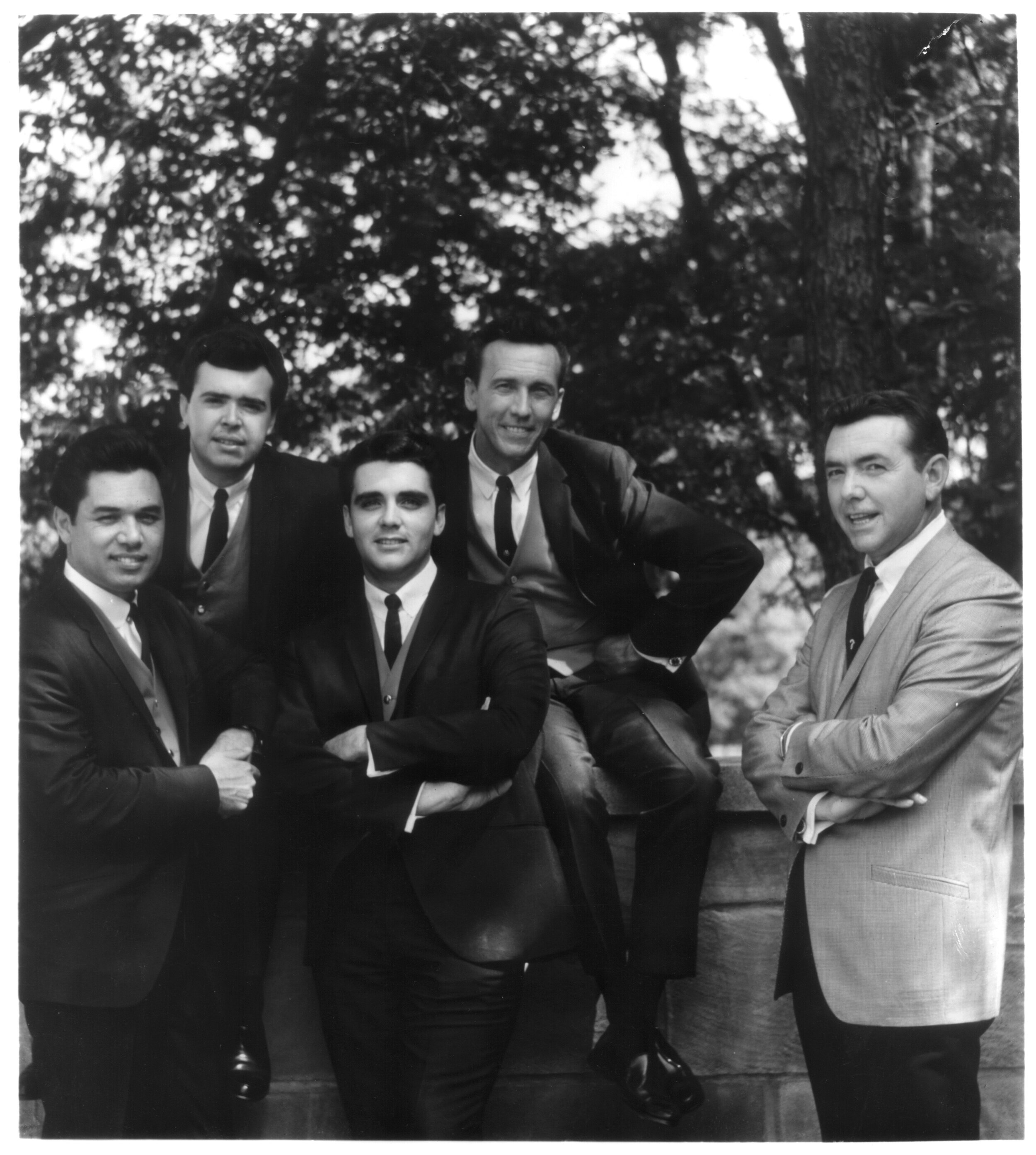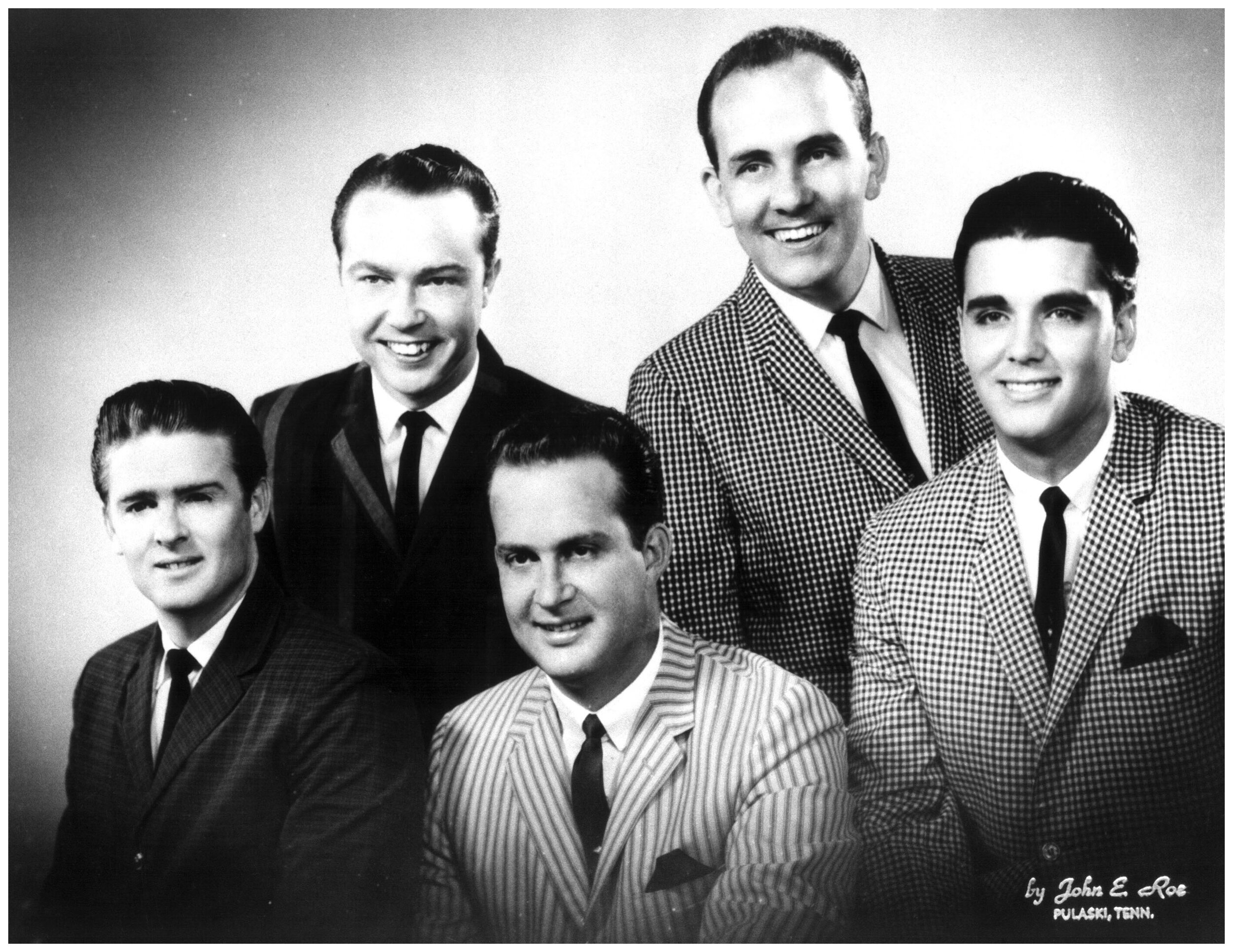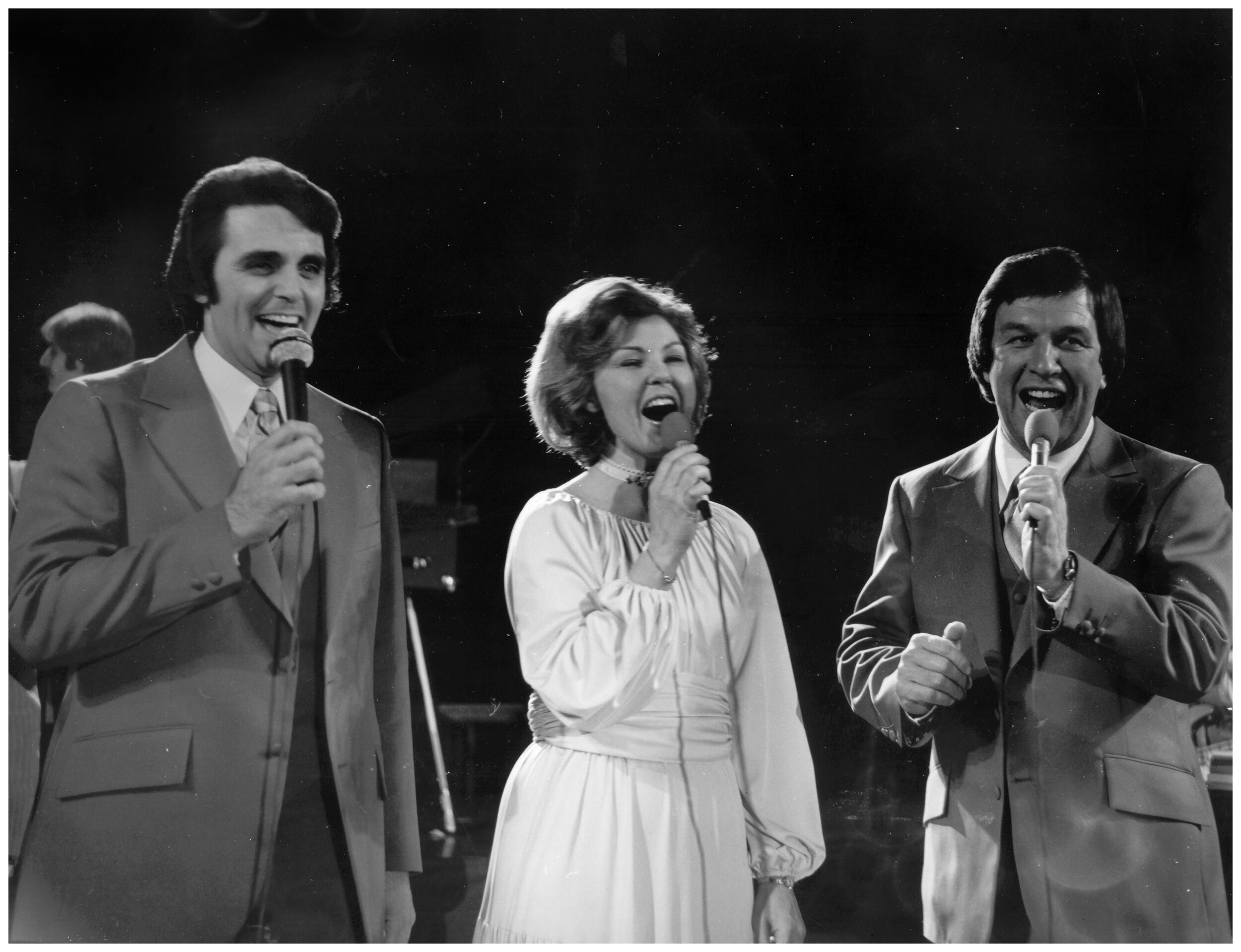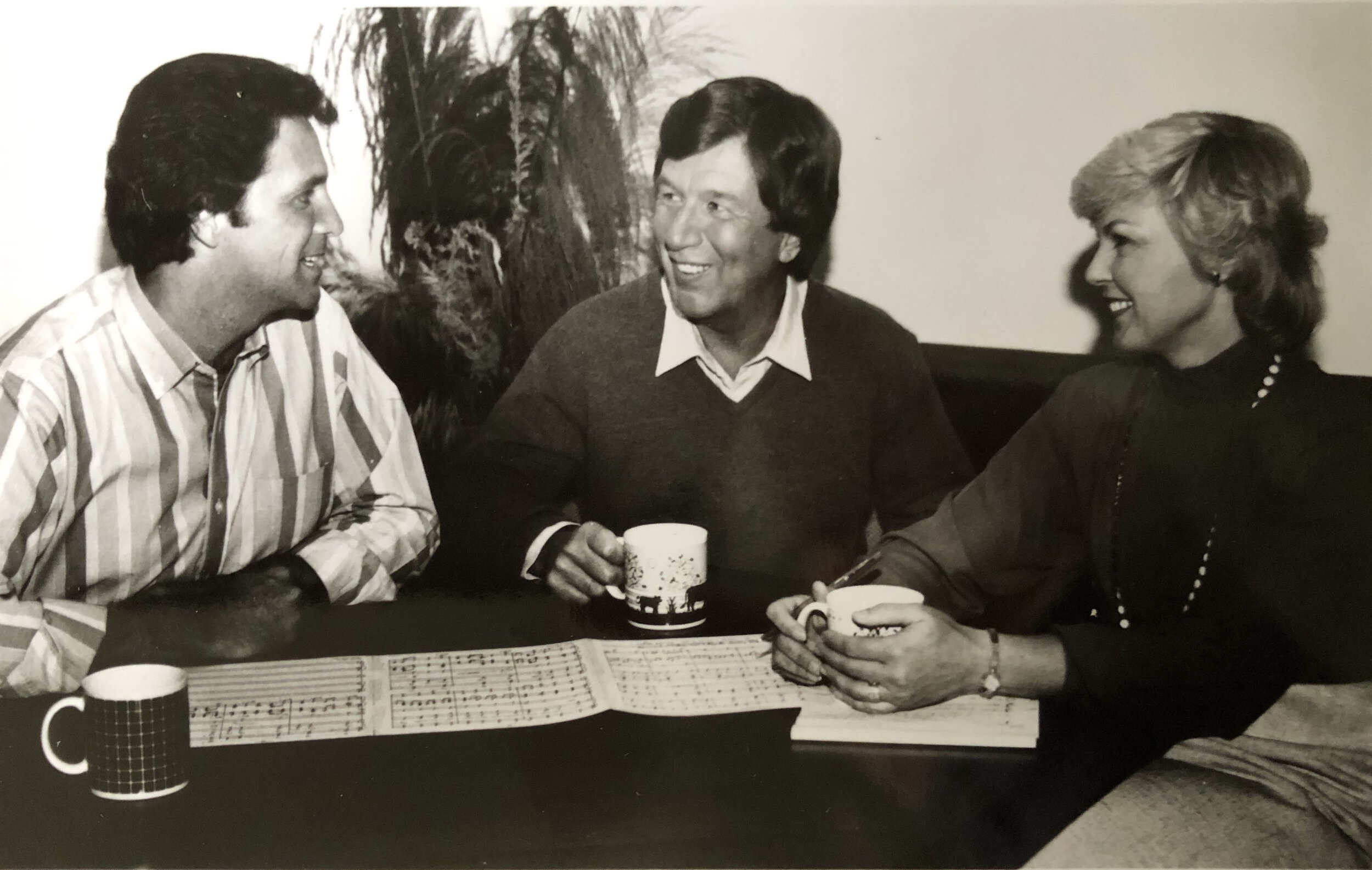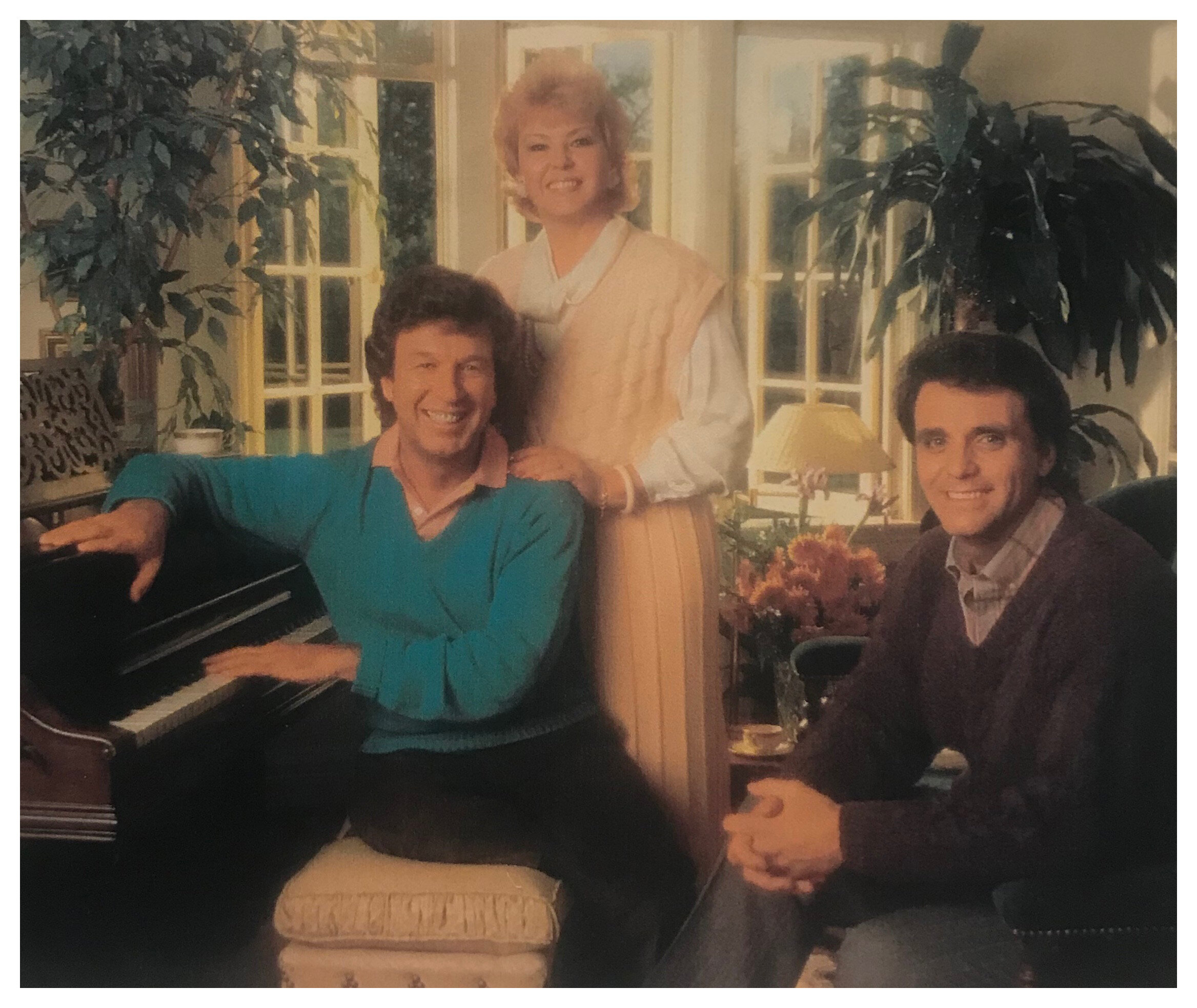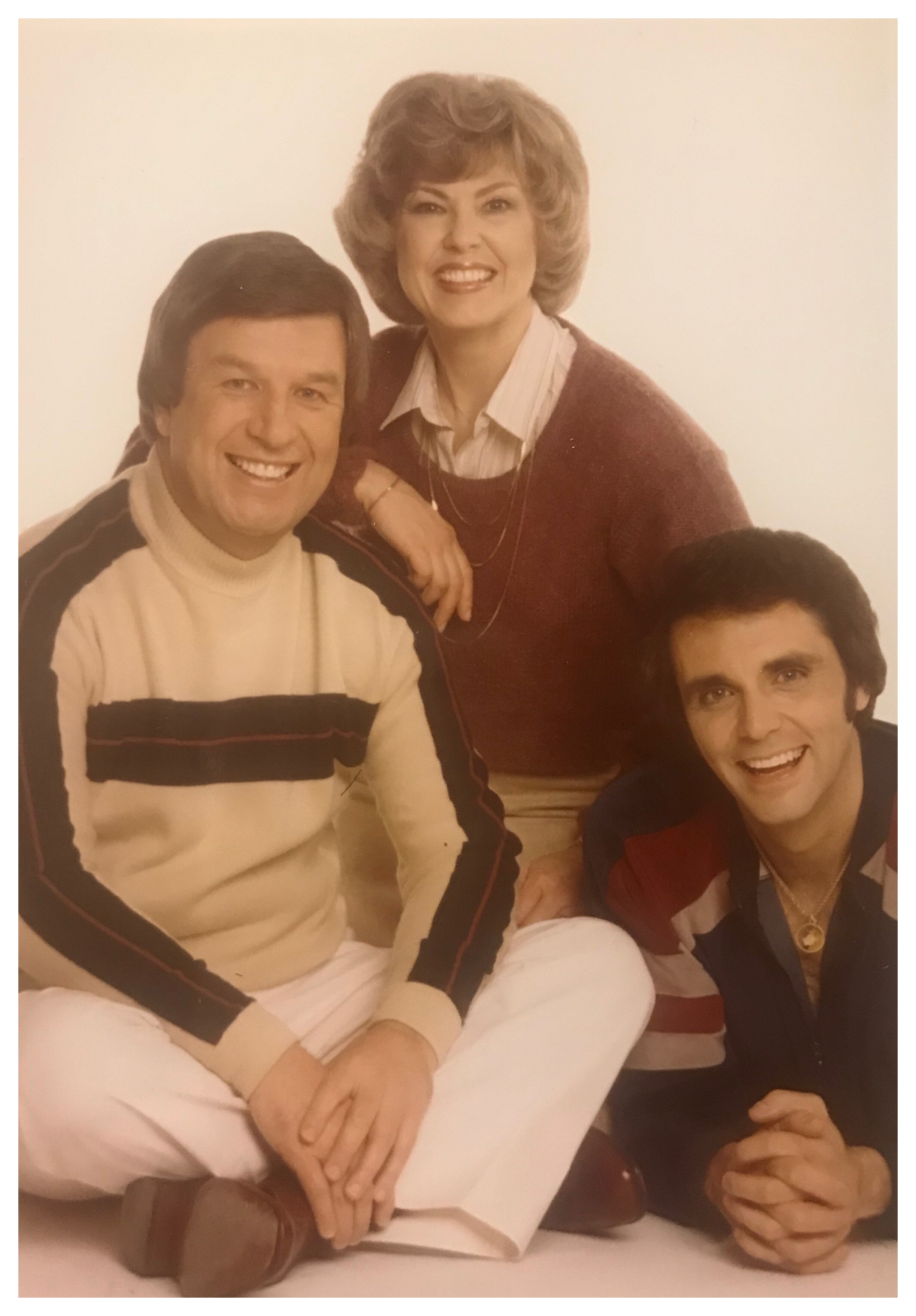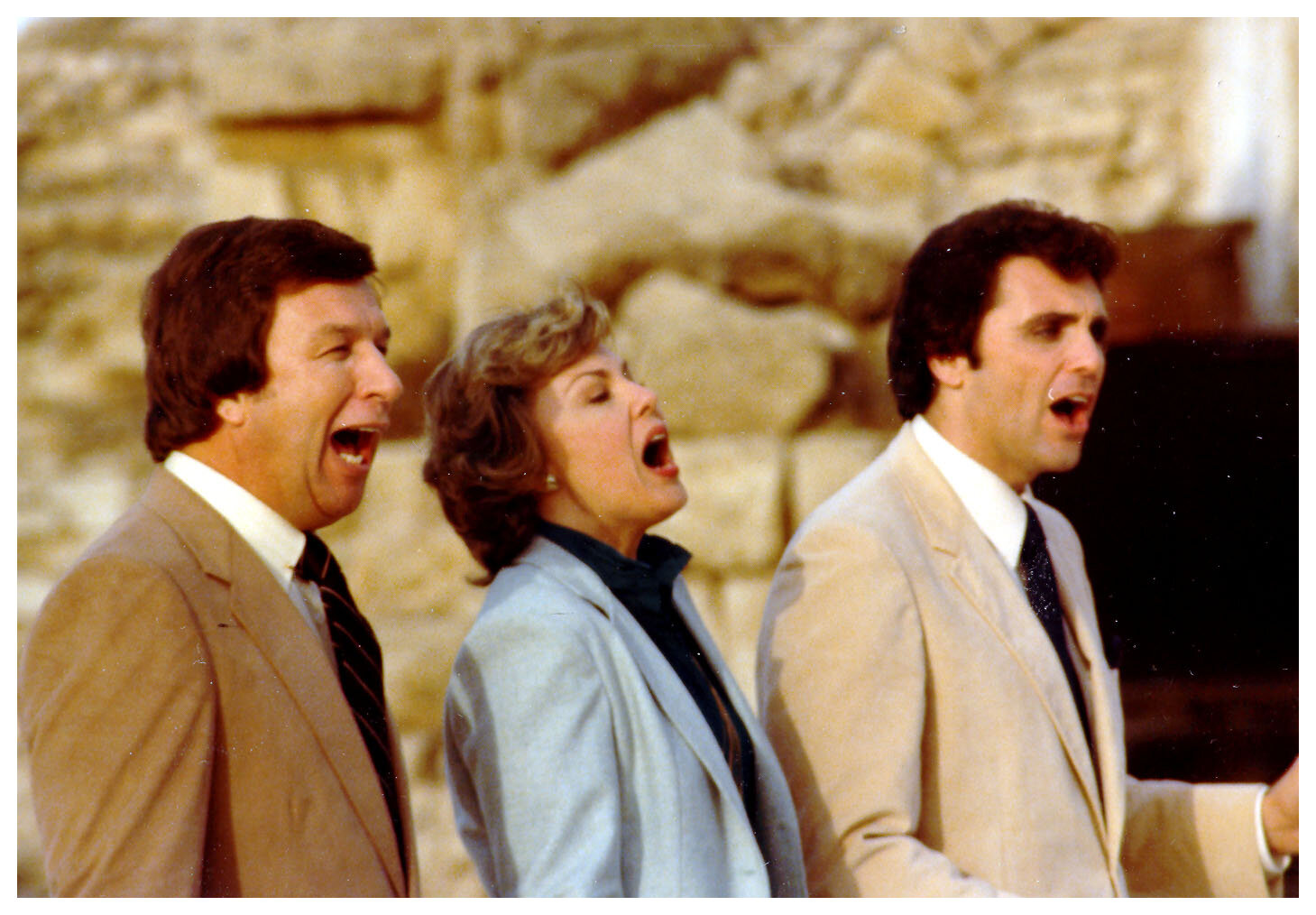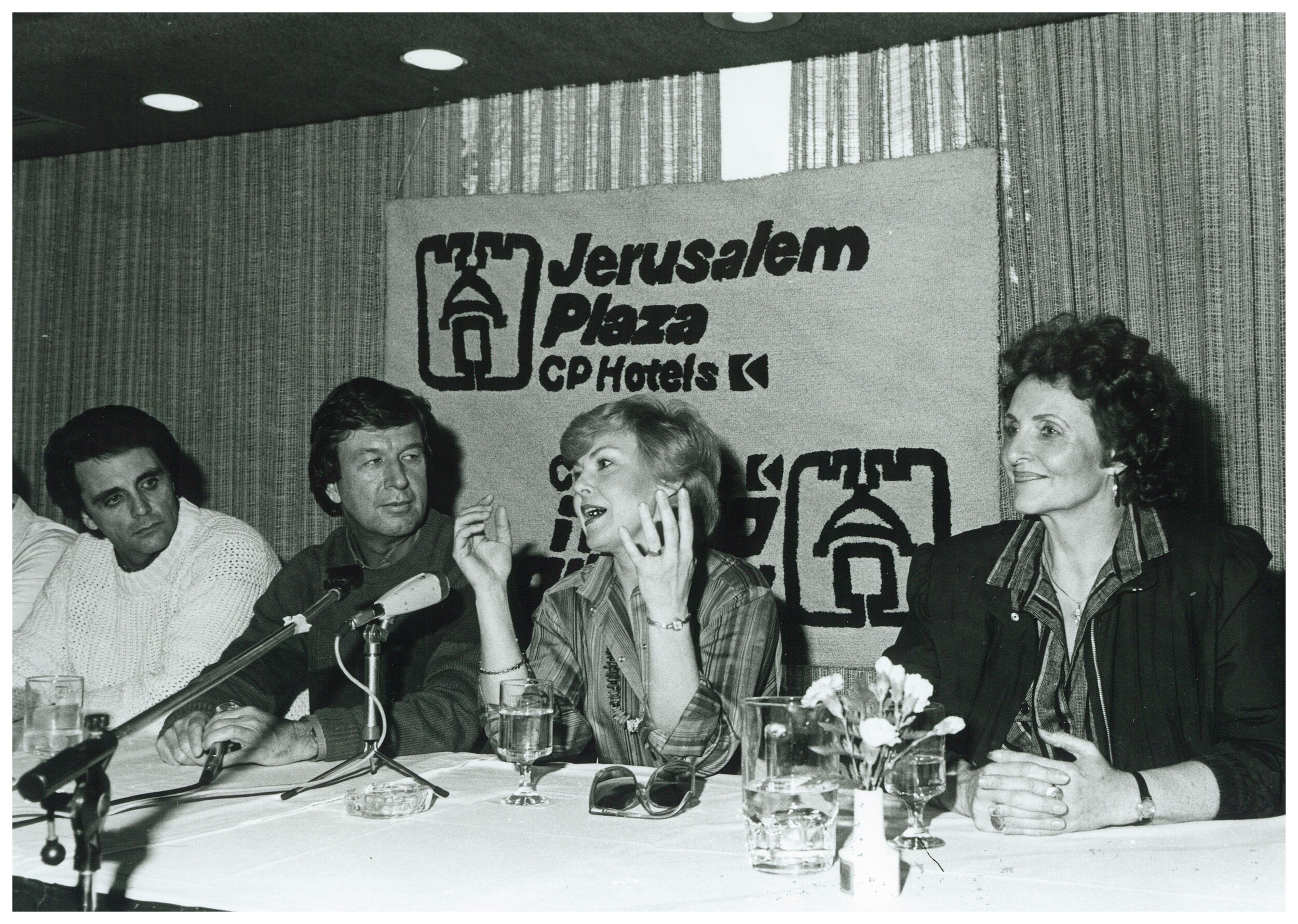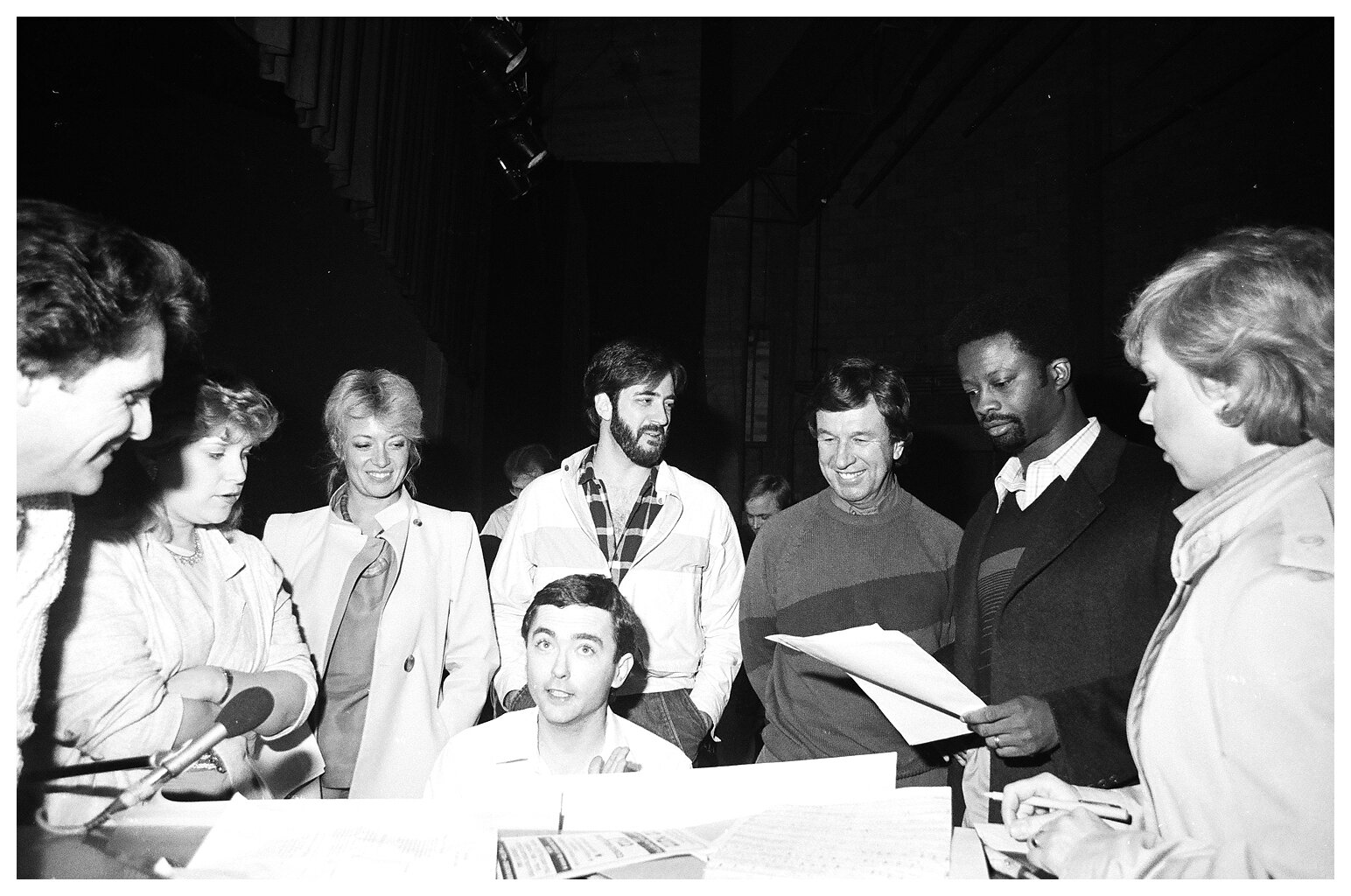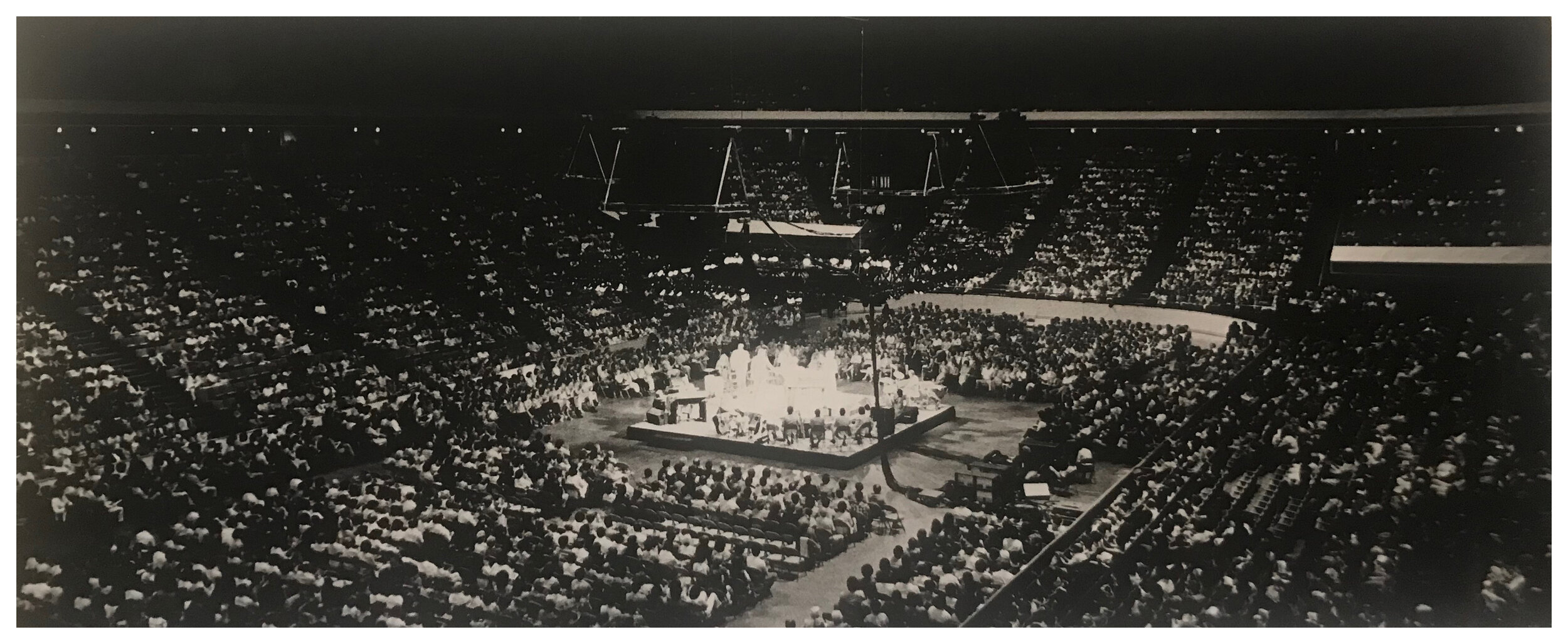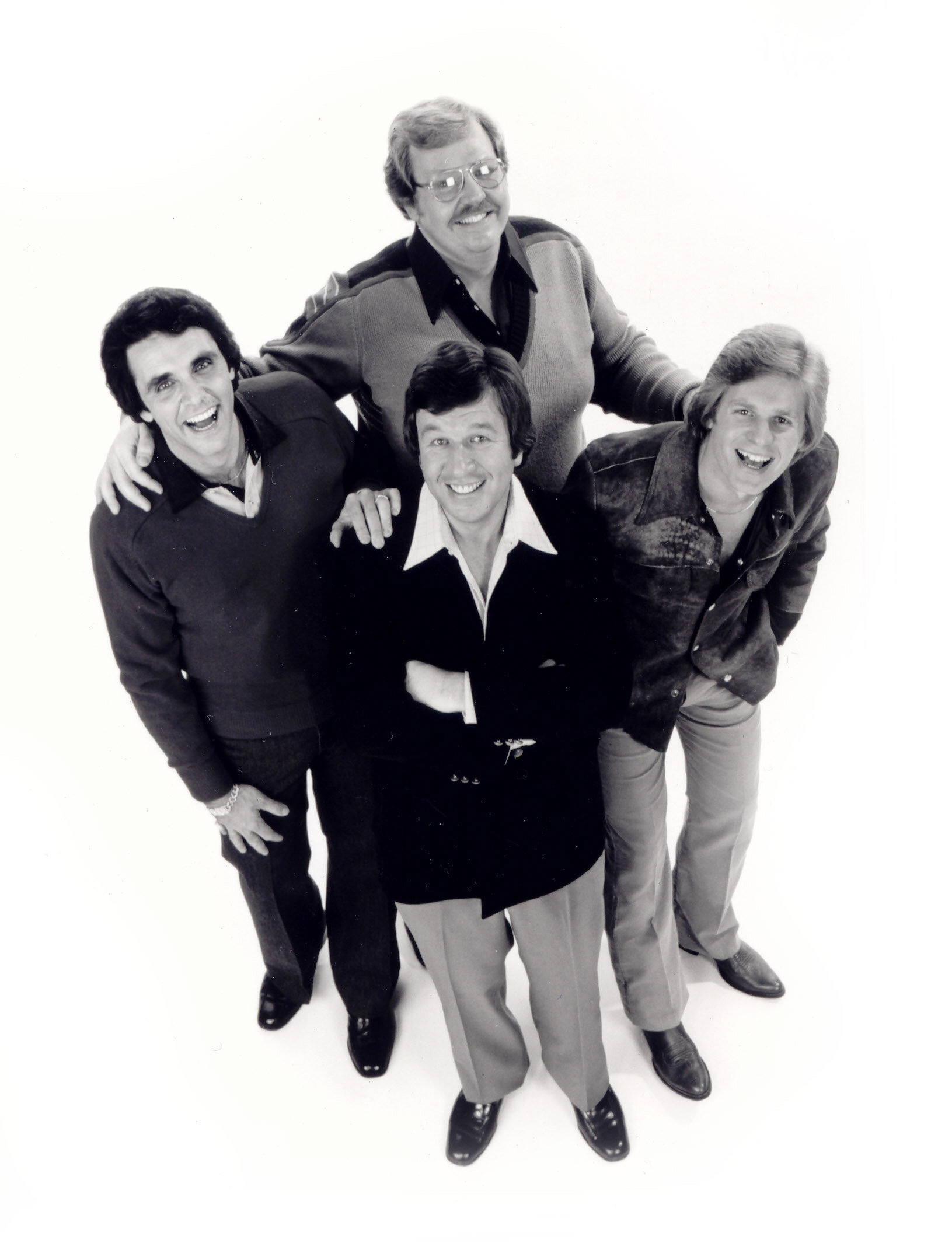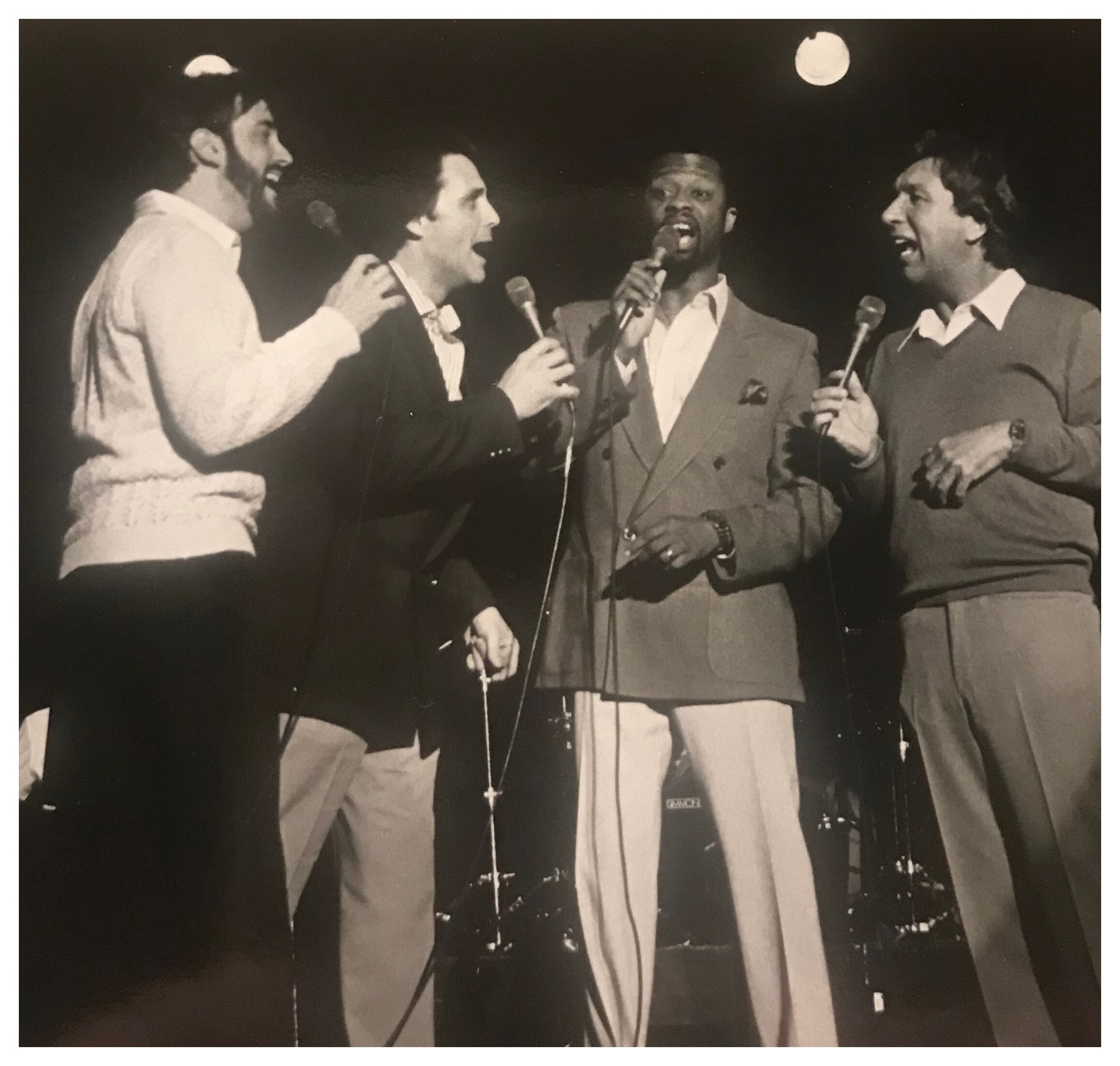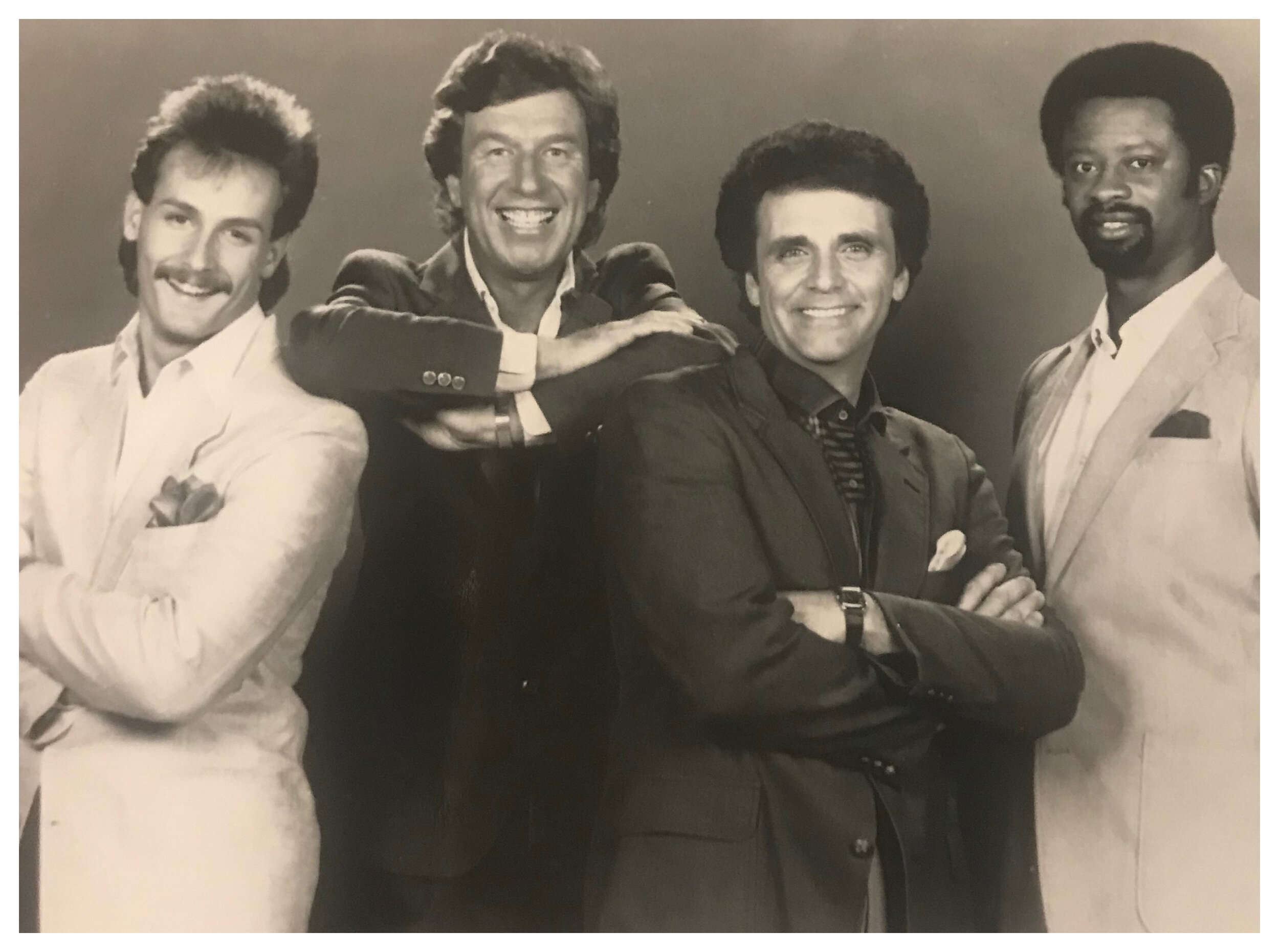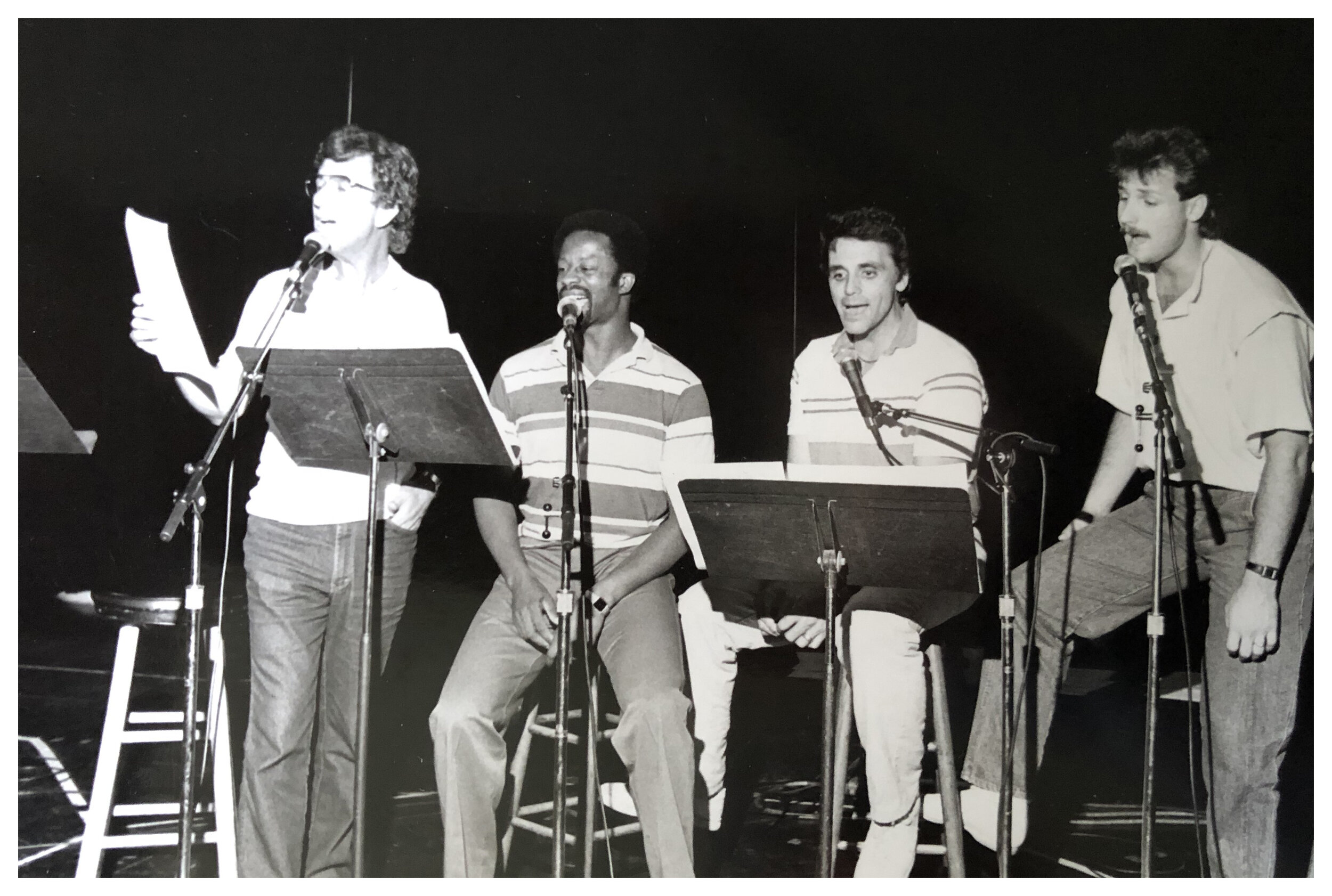In the 60s when I first joined Bill and Danny as part of the Bill Gaither Trio, we traveled with Doug Oldham and Henry and Hazel Slaughter, giving concerts in churches and auditoriums across the country. The friendships cemented then were to last a lifetime.
Hazel and Henry shared our December 22nd wedding anniversary, so there was hardly a year for forty years or so when we missed exchanging bouquets of Christmas red roses. Many years Henry and Hazel stopped by our place in Indiana for lunch or dinner on their way to Ohio to spend Christmas with their daughter Amanda and her family. We kept in touch in other ways, too—dinner when we were in Nashville, phone calls, and notes back and forth.
Henry and Hazel were often in the group of singers that came to be known as the Homecoming Artist whenever there was a videotaping.
But on Nov. 13, we had to say good-bye to our long-term friend, Henry Slaughter. It didn’t seem possible that this bright, social, positive man could have been 93 years old. One of the most outstanding keyboardists in gospel music, Henry was also an arranger, songwriter, and creator of a layman’s piano course that taught many an aspiring piano student to be an accomplished church accompanist.
Before the years Henry and Hazel spent performing as a well-known husband-wife duet, Henry was the pianist for the Weatherford Quartet and the original accompanist and arranger for the innovative Imperials, a group that set a new standard of excellence in gospel music.
Henry grew up on a farm in North Carolina, and despite his five Dove Awards and great piano accomplishments, he remained humble, self-effacing, and totally fulfilled by just playing his part.
A few years back, we did a special tribute honoring Henry in the Homecoming Magazine. He wrote Bill a note right away, overwhelmed by the salute. He wrote to Bill, “I appreciate the honor, but I really didn’t do that much. All I ever wanted to do was to play in the band, write a few songs, and sing in the choir.”
Well, a songwriter doesn’t let a “hook” like that fly by without catching it! Bill called Larry Gatlin, who also admired Henry, and said, “Larry, if this isn’t the theme of a great song, I’ve missed my calling!”
In a few days, Larry and Bill met in Nashville to write Henry’s song, and they were proud to have him credited as a part of a three-part songwriting team. The song was recorded by the Booth Brothers and performed by them on the Vocal Band’s next videotaping, Pure and Simple. Henry was in the audience and beamed like a proud papa at the song that is perhaps the best statement of this great, humble man that might ever be written.


























